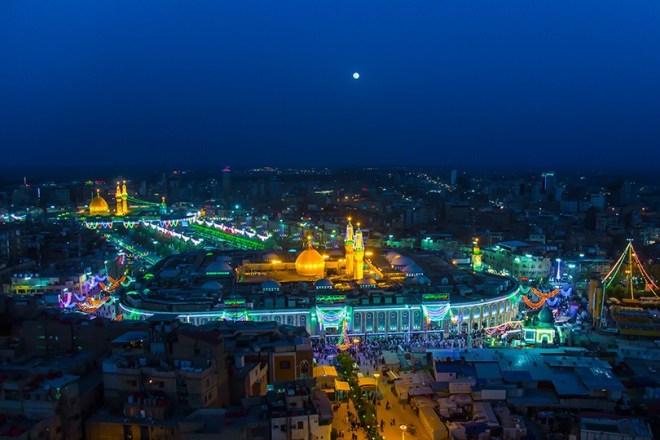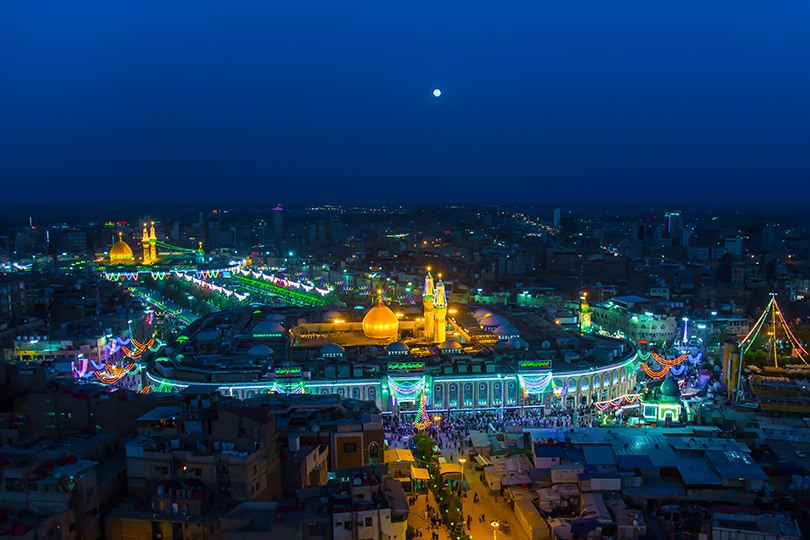
Iraq is one of the Arabic countries located in the Middle East, in southwestern Asia. Iraq is bordered by the Persian Gulf, Iraq and Kuwait to the east, Turkey to the north, Syria, and Jordan to the west, and Saudi Arabia to the south.
Iraq has an area of approximately 438,317 km2.
Capital of Iraq
Baghdad is the capital of Iraq and the largest city in the country, with more than 7.6 million inhabitants. It is located along the Tigris River and at the intersection of historical trade routes. A way to promote tolerance, understanding, and peace. Being a city of diversity
The currency of Iraq Arab country
The Iraqi dinar (code: IQD) is the currency of Iraq. It is issued by the Central Bank of Iraq and is subdivided into 1,000 fils.
Climate in Iraq
Iraq has a hot, dry climate characterized by long, hot, dry summers and short, cool winters. The climate is influenced by Iraq’s location between the subtropical aridity of the Arabian desert areas and the subtropical humidity of the Persian Gulf.
January is the coldest month, with temperatures from 5°C to 10°C, and August is the hottest month with temperatures rising up to 30°C and more.
Read more about Arab Countries – Arab League – Famous Arab Cities – List of Arab Capitals
